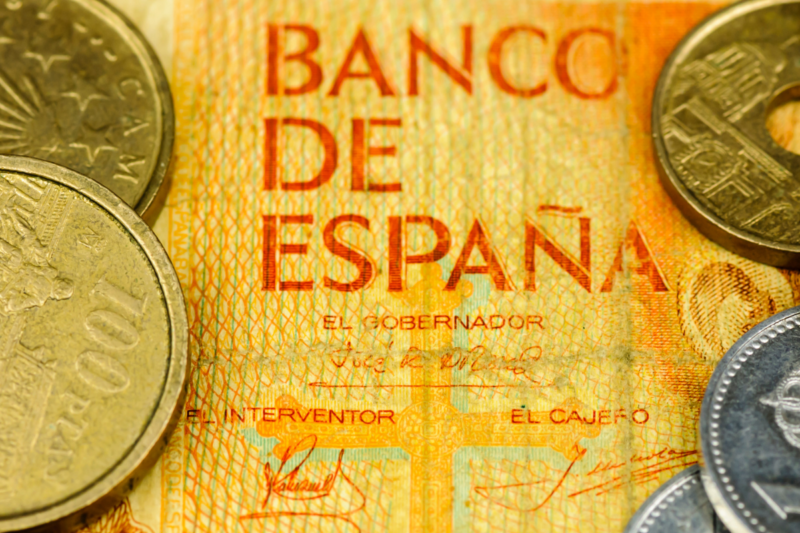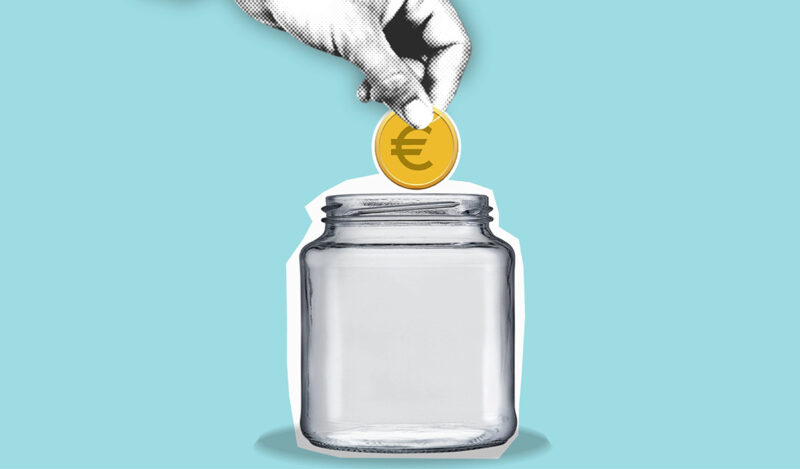

How do EU tax havens work?
Countries such as Ireland, Luxembourg, Malta, the Netherlands and Cyprus attract large numbers of multinational companies by offering tax advantages that allow them to reduce their tax liabilities significantly. These cross-border tax avoidance practices drain resources from other EU countries and create tensions between member states.
Tax avoidance and tax evasion are legal concepts that may seem synonymous but have a completely different legal nature. Tax avoidance is using legal practices to avoid paying certain taxes or to minimise a tax bill. Although this practice is not illegal, it often exploits loopholes in the law to obtain certain tax exemptions, deductions, and allowances. On the other hand, tax avoidance also seeks to avoid or reduce the payment of taxes, but in this case, using illegal practices, therefore, it is a criminal offence.
A good example of tax avoidance is what many Spanish multinationals do by having subsidiaries in low-tax countries to reduce the burden of their tax architecture. According to the latest ‘Country-by-Country’ report republished in April by the Tax Agency, the most productive workers of Spanish companies are to be found in their subsidiaries in Ireland, Luxembourg, Malta, and the Netherlands.
The productivity of these subsidiaries in EU tax shelters owned by the 123 largest multinationals in Spain ranged between 1.2 million and 1.9 million euros per employee, while in other European countries that do not offer the same tax advantages, this indicator was around 450,000 euros per employee.
This is no coincidence, nor does it mean that the employees of these subsidiaries are much more efficient than their counterparts in Spain. These delegations are not production centres, but small, low-staffed offices that manage a lot of money. And this is where the high productivity figures for these workers come from. With these practices, Spain loses more than 4.7 billion euros in taxes per year.
Advantages of tax havens
The case of Ferrovial, which, despite having received public aid, changed its headquarters from Spain to the Netherlands by merging with its subsidiary to pay less taxes, revived the debate on tax havens in the EU.
The Spanish multinational claimed that it had chosen the Netherlands as its headquarters because of the country’s triple A (AAA) credit rating and ‘stable’ legal framework, but it is no secret that a more favourable tax and regulatory climate was the main trigger for the move.
While it is true that corporate tax is around 25% in both countries, the first 395,000 euros of income is only taxed at 15% in the Netherlands. Moreover, the tax treatment of dividends is less aggressive and there is the possibility of redirecting part of their taxable income to the Netherlands Antilles with a more favourable tax treatment.
Similarly, Ireland has established itself as a Mecca for large technology, financial and pharmaceutical companies, attracting more than 1000 multinationals in these sectors, partly thanks to its benevolent corporate tax policy, but mainly because until 2015 it allowed the creation of two companies: one in a tax haven with intellectual property rights, and the other in Ireland that was used to sell to the rest of the world while paying for these rights to the first.
A similar case can be found in Luxembourg, Malta and Cyprus, where Spanish companies can pay less than 3% tax on their foreign business. These subsidiaries also stand out for having the lowest average number of employees. In Malta, the country with the second-lowest effective rate and where companies can be split in two, as in Ireland, there are 13 employees on average per subsidiary, while in Cyprus there are only 9.
Finally, there is the case of Belgium, where the General Court of the European Union found that tax exemptions granted to multinational companies constituted an illegal aid scheme, forcing the country to recover 700 million euros in unpaid taxes from at least 35 multinationals and to change its tax regime. An exceptional case in a European context favourable to tax havens that shows little sign of changing in the near future.
If you want to discover the best option to protect your savings, go to Preciosos 11Onze. We will help you buy at the best price the ultimate safe haven asset: physical gold.
Leave a Reply
You must be logged in to post a comment.





👍
Gràcies, Manel!!!